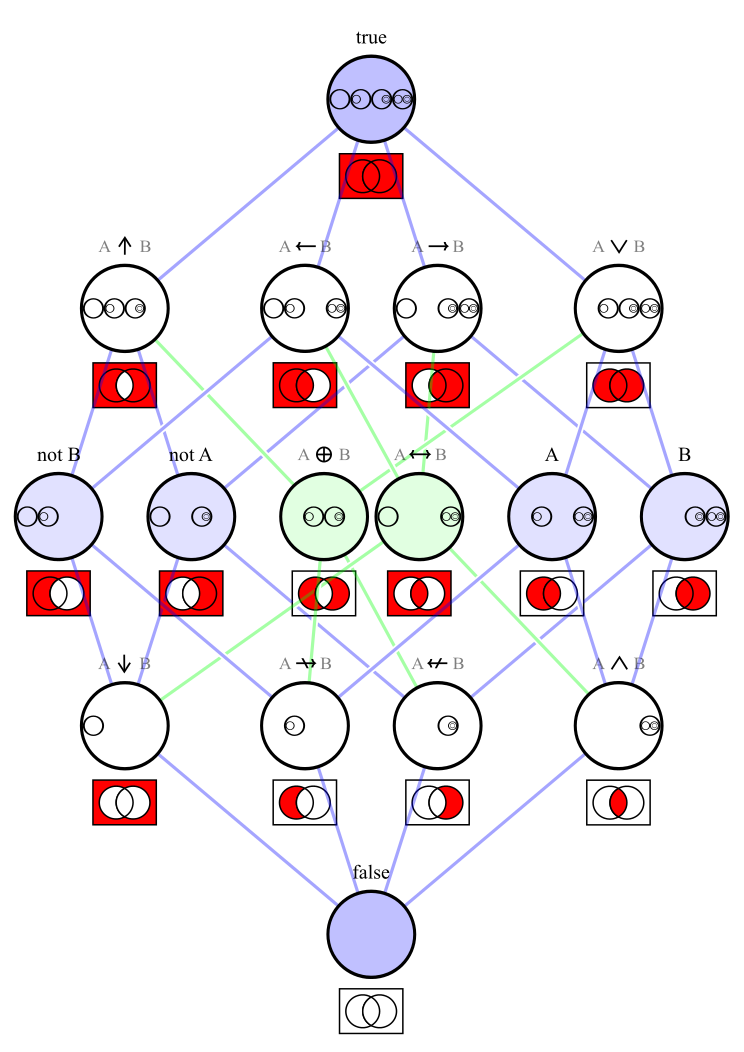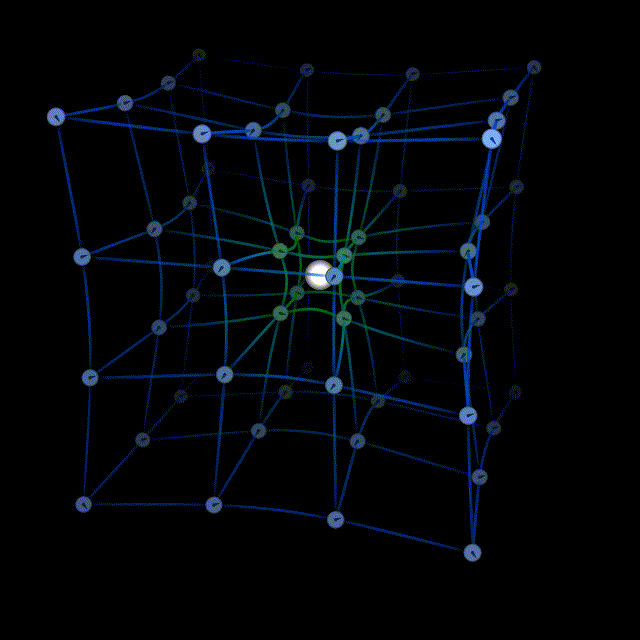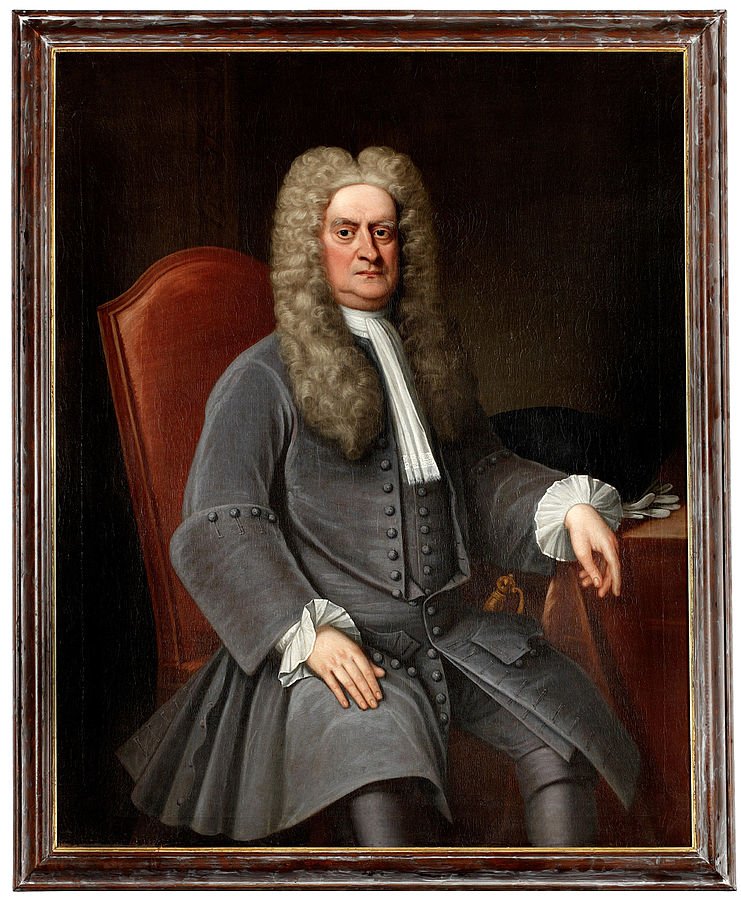This is my entry for the Philosophy Round of the Information Finding Championship by @apolymask and @ifc.

First thoughts
I had intended to write a post that was more about the construction of the basic building blocks of Mathematics (set theory) and the fights that surrounded what comprised the foundational theory of Mathematics, but then I thought I would write about something that was perhaps less abstract and closer to what I had studied many many years ago! There are many philosophical questions that are created by the theories of Physics, perhaps some of them are just a limitation on our current knowledge, and others are a deepening of our otherwise limited perspective on the Universe. Perhaps, if my father were writing this post, then he would have chosen the Mathematics one...
However, the topic I ended up upon does seem to echo the fights from the beginning of the last century between the mathematical "formalists", "intuitionists" and "logicians".
So, here is my entry, please bear in mind it has been a while since I've studied this formally so I'm a little rusty! I've also simplified the arguments and concepts as much as possible! Please correct me in the comments if I'm off kilter!
Is Space and Time absolute or derived?

Since the dawn of modern physics (around the 17th century), this has been a question that has dogged physicists. There have been two concepts of the idea of space (position, not outer space!) and time that have been in competition with each other.
Absolute

This was the idea that was first championed by Newton in his Philosophiæ Naturalis Principia Mathematica, the idea that you had a playing field of of Space and Time. These ideas exist regardless of whether you have things in the Universe to play in this field. So the idea is that if you had nothing at all in the Universe, then these things would still exist. It was as if they existed and then the Universe played itself out upon this background.
This idea held traction as it made it much easier to develop a Theory of Mechanics (Classical) that provided useful and actionable insights into the workings of the Universe.
Relativism

This was the idea that Time and Space do NOT exist without objects in the Universe. First championed by Leibniz (the arch nemesis of Newton!) in his Principles of Philosophy , this notion holds that Space is only the measure of physical separation of two (or more) objects. Time, in this case, is only the measure of change in the configuration of the objects. Interestingly, Leibniz puts forward the notion that the total amount of motion in the Universe is constant (like the total STEEM/SBD produced in each block...). So, without "things", there would be no time and no space. Indeed, with even only one "thing" in a Universe, there still would be no sense to these concepts!
Does it matter?
In the end, mirroring the mathematical dispute from the earlier century, Physics can and has been done without needing to address this fundamental question. However, it is possible that we are reaching a point in our scientific development where it might need to be addressed to reconcile the competing theories of Quantum Mechanics and General Relativity (these two pillars of modern physics address the question differently).
Questions
With Absolute space, you have this incredibly uncomfortable notion that there is a special (preferred) frame of reference. The history of Science has shown us time and time again, that there is no requirement for a "special-ness" to be at the heart of any theory. For instance, there was no requirement for the Earth (or later the Sun, or later the Solar System) to be in a preferred part of the Universe. We are just a backwater star, on the edge of an arm of a particularly unremarkable spiral galaxy.
Relativism (not to be confused with Relativity), is the notion that holds sway in the modern physics world. However, it does bring questions of it's own to the table. If there is no absolute time, then there should be no "correct" way of passing time. As long, as the history of the Universe remains consistent with the laws of Physics, then we could be passing through snapshots of the Universe in any order (not necessarily in "absolute time order").

Referral links
Mene, Investment jewellery (5 dollars credit just for making the account).
Humble Bundle Monthly, PC games package every month!
Busy.org A version of Steemit that allows small accounts to use the Vote Slider! When they get a dark theme, I'll be there full time!
Minnowbooster Bonus for the new account maker as well!
Coinbase, the biggest fiat on and off ramp.
Binance, the biggest crypto exchange.
Coinjar Fiat on ramp for Australia or UK!
Mannabase, Universal income in the blockchain, 50% bonus in the first year if you use this referral.
Cryptopia, Lots of lesser known altcoins.
HitBTC Even more Altcoins!
Airdrops
ETHIC
SWARM
MARGINLESS
ECHOlink
AirSave Telegram
TheKey Telegram link
THUG Telegram link
VEIRIS
PECUNIO
PRONTOPAY
MESH
AICT
STRYKZ
Mingo
Endorsit
Bitsum
Sentinel Protocol
Bidipass

Horizontal Rulers by cryptosharon
Team Australia footer by bearone

The classical music community at #classical-music and Discord.
Follow our community accounts @classical-music and @classical-radio.
Follow our curation trail (classical-radio) at SteemAuto
Community Logo by ivan.atman

.png)
